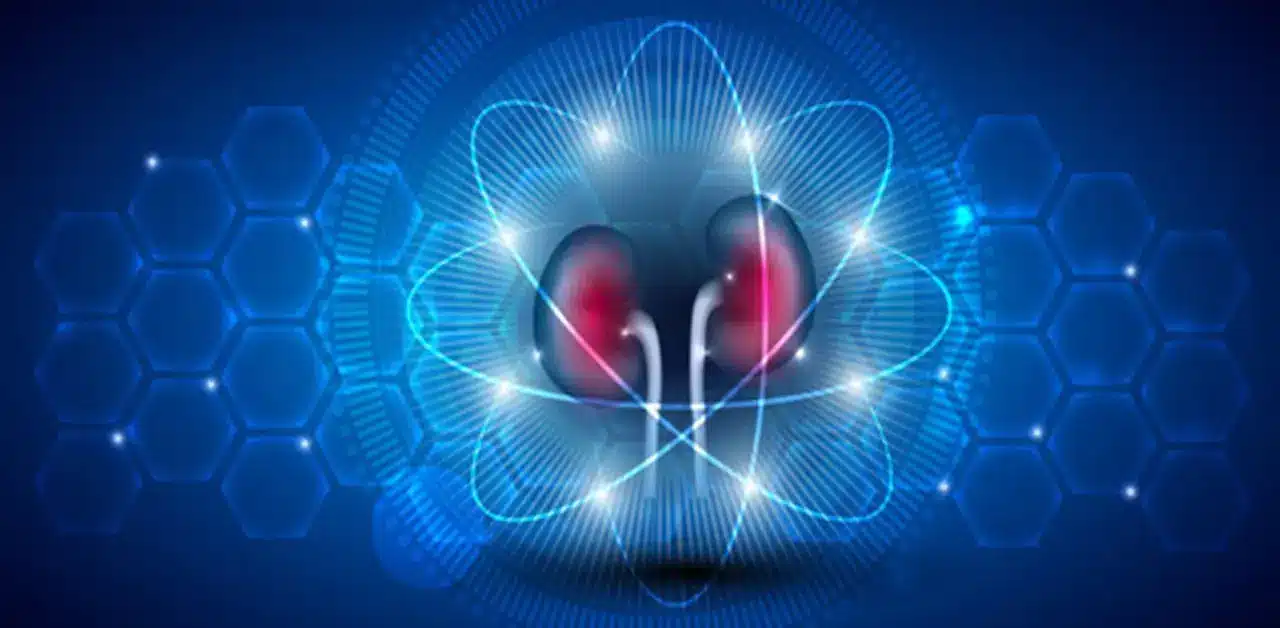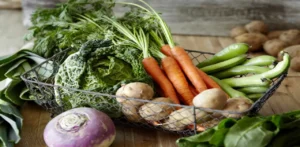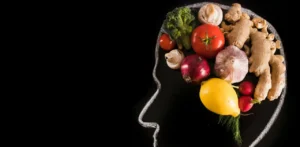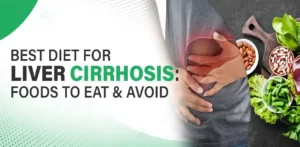Contents
Living with kidney cancer can be a challenge, but maintaining a healthy diet can significantly improve your well-being and empower you during treatment. This guide explores the world of kidney cancer-friendly meals, offering valuable tips, delicious recipe ideas, and essential information on kidney disease and nutrition therapy.
Understanding Kidney Disease and Diet
Kidneys are vital organs responsible for filtering waste products and excess fluids from the blood. When kidney function declines due to cancer, it can affect the body’s ability to maintain a healthy balance of electrolytes and minerals. A kidney disease diet, often referred to as a renal diet, helps manage these imbalances and support overall kidney health.

Key Nutrients to Focus On
- Fruits and Vegetables: These powerhouses are packed with essential vitamins, minerals, and antioxidants that support your immune system and overall health. Choose low-potassium options like apples, berries, grapes, cabbage, cauliflower, and bell peppers.
- Whole Grains: Whole grains offer a steady source of energy and fiber, which can help with digestion and manage blood sugar levels. Opt for brown rice, quinoa, whole-wheat bread, and oats.
- Lean Protein: Protein is crucial for building and repairing tissues. Choose lean protein sources like skinless chicken or fish, egg whites, or plant-based proteins such as lentils and beans. Be mindful of portion sizes, and discuss protein intake with your doctor or registered dietitian.
- Healthy Fats: Include healthy fats from sources like avocados, olive oil, nuts, and seeds in your diet. These fats promote satiety, support cell health, and contribute to nutrient absorption.
Foods to Limit
- Potassium: High-potassium foods like bananas, oranges, potatoes, and avocados should be consumed in moderation depending on your individual needs.
- Phosphorus: Phosphorus is found in meats, dairy products, nuts, and processed foods. Limiting phosphorus intake can help prevent bone mineral disease, a potential complication of kidney disease.
- Sodium: Restricting sodium intake helps regulate blood pressure and fluid balance. Limit processed foods, canned goods, and added table salt.
- Protein (Depending on Kidney Function): In some cases, protein restriction might be necessary. Your doctor or dietitian will advise on the appropriate protein intake for your specific situation.

Kidney Cancer Nutrition Therapy
A registered dietitian can create a personalized kidney cancer nutrition plan tailored to your specific needs and preferences. They can help you:
- Manage your electrolytes and minerals.
- Maintain a healthy weight.
- Reduce your risk of complications.
- Cope with treatment side effects, such as nausea and loss of appetite.
Best Foods for Kidney Cancer
Here are some excellent choices for kidney cancer-friendly meals:
- Apple with almond butter: This satisfying snack provides healthy fats, fiber, and essential vitamins.
- Grilled salmon with roasted vegetables: Salmon is rich in omega-3 fatty acids, beneficial for heart health. Pair it with low-potassium roasted vegetables like asparagus, broccoli, or bell peppers.
- Lentil soup with whole-wheat bread: Lentils are a great source of plant-based protein and fiber. A light lentil soup with whole-wheat bread is a filling and nutritious meal.
- Berry smoothie with low-fat yogurt: This refreshing smoothie provides essential vitamins, antioxidants, and calcium. Choose low-sugar yogurt and berries like strawberries or blueberries.
- Brown rice with grilled chicken and steamed vegetables: This classic combination offers a balanced meal with complex carbohydrates, lean protein, and essential vitamins from the vegetables.
Also Read: “Eating, Diet, & Nutrition for Kidney Stones”
Kidney Cancer-Friendly Recipe Ideas
Breakfast:
- Whole-wheat pancakes with berries and a sprinkle of nuts
- Scrambled eggs with spinach and whole-wheat toast
- Oatmeal with low-fat yogurt and chopped fruit
Lunch:
- Tuna salad sandwich on whole-wheat bread with lettuce and tomato
- Chicken Caesar salad with a light dressing
- Lentil and vegetable soup
Dinner:
- Baked salmon with roasted Brussels sprouts and quinoa
- Turkey chili with whole-wheat crackers
- Chicken stir-fry with brown rice and low-sodium soy sauce
Snacks:
- Apple slices with low-fat cheese
- Carrot sticks with hummus
- Air-popped popcorn
- Handful of mixed nuts

Tips for Maintaining a Kidney-Friendly Diet
Living with kidney disease or undergoing kidney cancer treatment often necessitates a shift in your dietary habits. Here are some key tips to help you maintain a kidney-friendly diet:
Planning and Preparation:
- Plan your meals and snacks: This helps you make healthy choices and avoid impulsive decisions that might not be kidney-friendly.
- Read food labels carefully: Pay attention to sodium (salt), potassium, phosphorus, and protein content. Look for low-sodium options and discuss with your doctor or dietitian about appropriate protein intake for your specific situation.
- Stock your pantry with kidney-friendly staples: Having healthy options readily available makes it easier to create nutritious meals and snacks. Stock up on low-potassium fruits and vegetables, whole grains, lean protein sources, and healthy fats.
Also Read: “Essential Diet Tips and Best Foods for Kidney Health”
Dietary Adjustments:
- Limit potassium: High-potassium foods like bananas, oranges, and potatoes might need moderation. Discuss with your doctor or dietitian the appropriate daily potassium intake for you.
- Reduce phosphorus: Phosphorus is found in meats, dairy products, nuts, and processed foods. Limiting phosphorus intake can help prevent bone mineral disease, a potential complication of kidney disease. Choose lean protein sources and low-phosphorus dairy alternatives.
- Restrict sodium (salt): Sodium intake can affect blood pressure and fluid balance. Limit processed foods, canned goods, and added table salt. Invest in low-sodium or sodium-free seasonings to add flavor to your meals.
- Manage protein intake: Protein is crucial, but in some cases, protein restriction might be necessary. Your doctor or dietitian will advise on the appropriate protein intake for your specific kidney function.
- Focus on whole foods: Prioritize whole grains, fruits, vegetables, and lean protein sources over processed foods that are often high in sodium, potassium, and phosphorus.
Cooking and Preparation Techniques:
- Cooking methods: Grilling, baking, poaching, and steaming are healthier cooking methods compared to frying, which can add unhealthy fats and sodium.
- Drain and rinse canned goods: Canned vegetables and beans can be a convenient option, but remember to drain and rinse them to remove excess sodium.
- Herbs and spices for flavor: Adding herbs and spices to your meals is a great way to add flavor without adding sodium. Experiment with different combinations to create delicious and kidney-friendly dishes.
Additional Tips:
- Stay hydrated: Proper fluid intake is crucial for kidney health. However, discuss with your doctor the appropriate amount of fluids for you, as unrestricted fluids might not be advisable in some cases.
- Portion control: Practice mindful eating and pay attention to portion sizes to avoid overconsumption, especially of protein sources.
- Work with a registered dietitian: A registered dietitian can create a personalized kidney-friendly meal plan tailored to your specific needs and preferences. They can offer guidance on managing your electrolytes, maintaining a healthy weight, and coping with treatment side effects.



